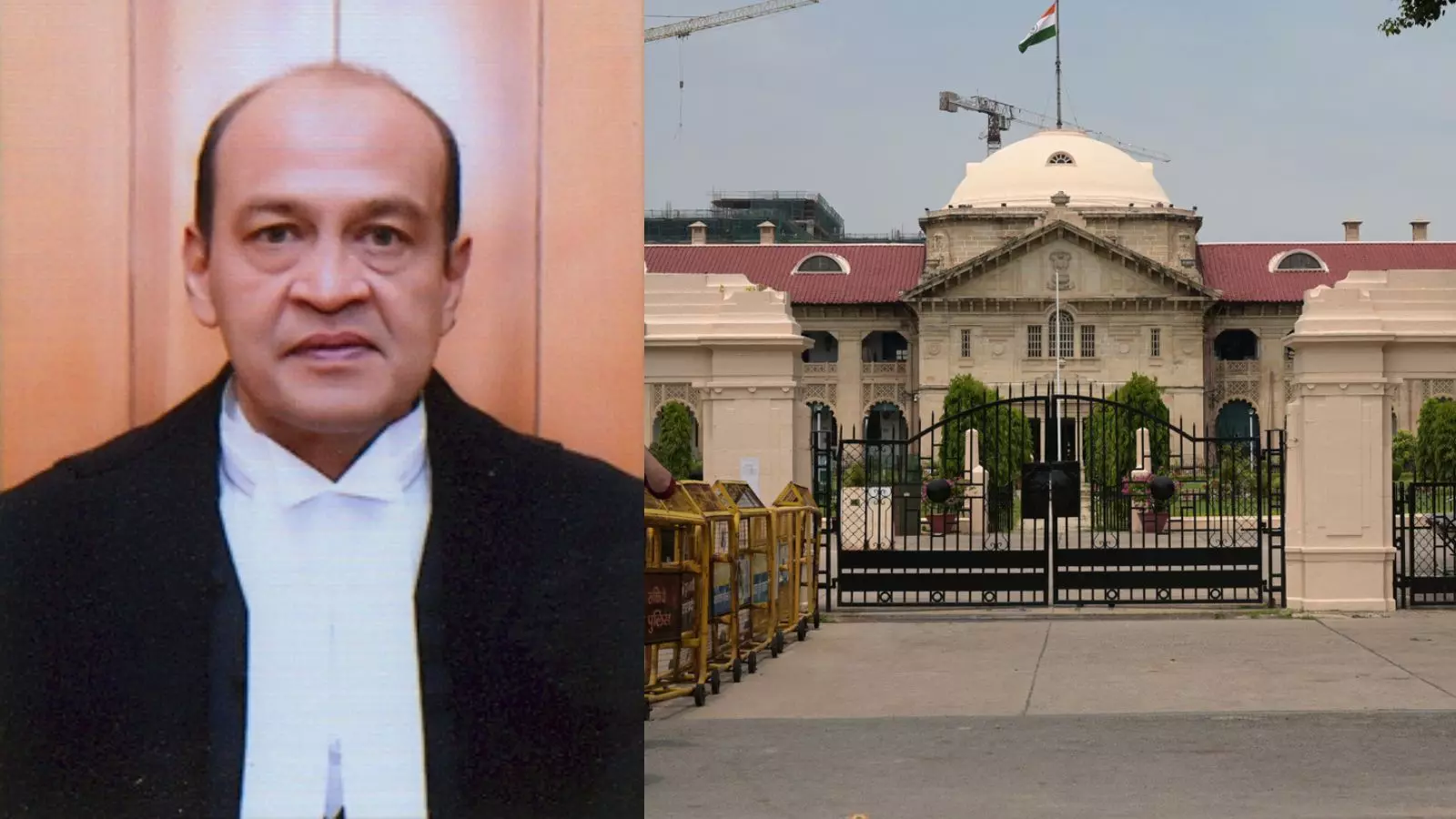
SC transfers Delhi HC judge after reports of unaccounted cash found at his home
Justice Verma, who has been transferred to Allahabad, may also face an in-house inquiry; the judge has not responded to the cash recovery

The Supreme Court Collegium, headed by Chief Justice of India (CJI) Sanijv Khanna has transferred Justice Yashwant Verma from the Delhi high court, after reports emerged that unaccounted cash was found at his official bungalow.
Justice Verma, who has been transferred to Allahabad, may also face an in-house inquiry, said reports.
According to media reports, Justice Verma’s bungalow caught on fire during Holi celebrations when he was away from the city. His family called the fire brigade and after the fire was extinguished, a large sum of money was found in different rooms of the bungalow.
Also read: Capable women shouldn't seek interim alimony; law doesn't support idling: Delhi HC
CJI Khanna who has taken the matter very seriously and the five-member collegiate were unanimous in their decision to transfer Justice Verma out of the Delhi HC.
Justice Verma has not yet responded to the recovery of the cash and, according to news agency PTI, did not hold court today. Sources told PTI he had gone "on leave".
But sources also said that some members believed that stricter action must be taken to protect the sanctity of the judicial system. They believed that this issue could sully the reputation of the court and have serious consequences on their ability to deliver justice to the people.
Also read: Allahabad HC: Grabbing breasts, breaking minor’s pyjama string does not amount to rape
How can a judge be impeached?
Hence, there is also talk about impeaching Justice Verma. In case he refuses to resign of his own volition, there will be an internal inquiry initiated by the CJI, which can be the first step towards being removed by Parliament.
According to guidelines laid down by the Supreme Court in 1999, to deal with allegations of corruption, wrongdoing, and judicial irregularity against judges of the Constitutional Court, an internal complaints committee formed by the CJI, consisting of one Supreme court judge and two high court Chief Justices has to be constituted.
After the committee submits a report and if the Chief Justice feels the alleged misconduct is of a grave nature requiring removal, he will ask the judge to resign. If the judge refuses to resign, proceedings will be initiated for his or her removal under Article 124(4) of the Constitution.
Meanwhile, senior advocate and Rajya Sabha MP Kapil Sibal has urged the Supreme Court to "start looking at how the appointment process (to nominate judges) takes place".
"The issue of corruption within the judiciary is very serious... this is not something articulated by senior councils and lawyers for the first time. It has been going on for years," he said in a video statement.

